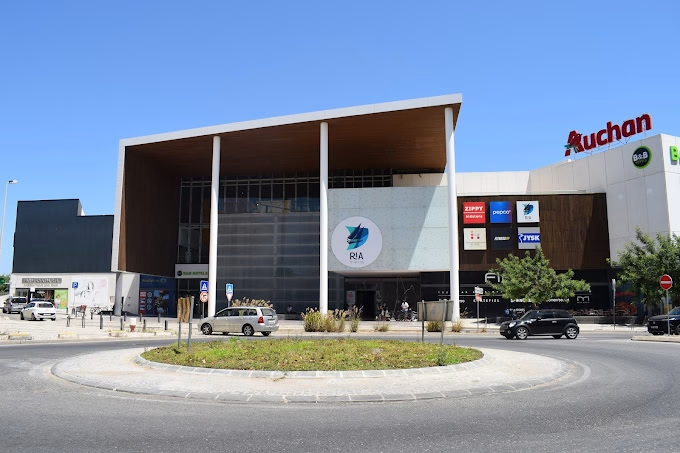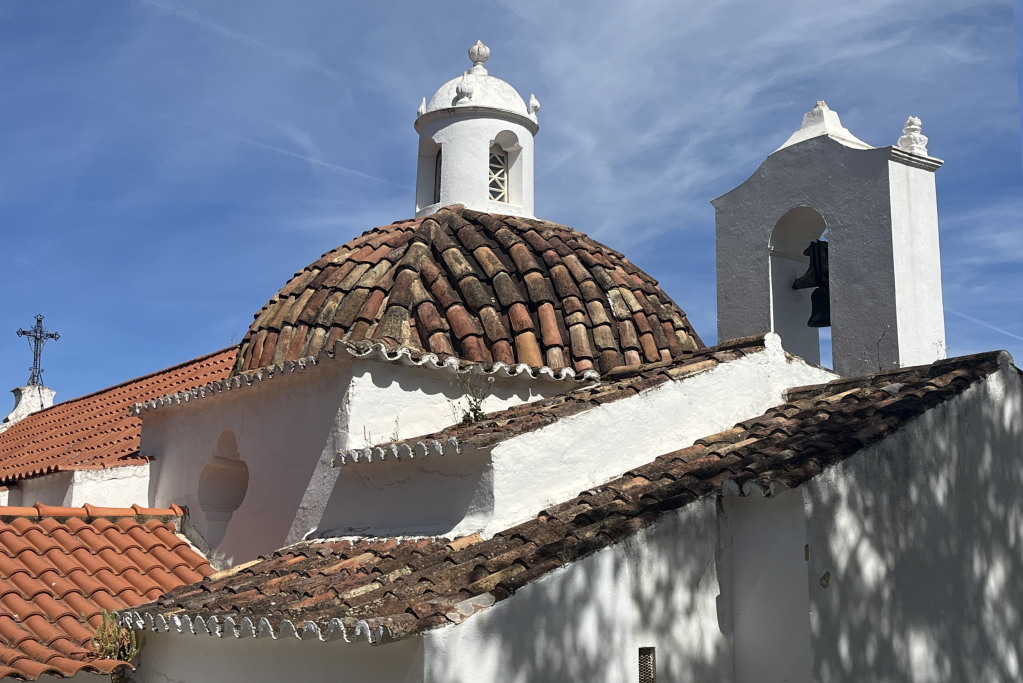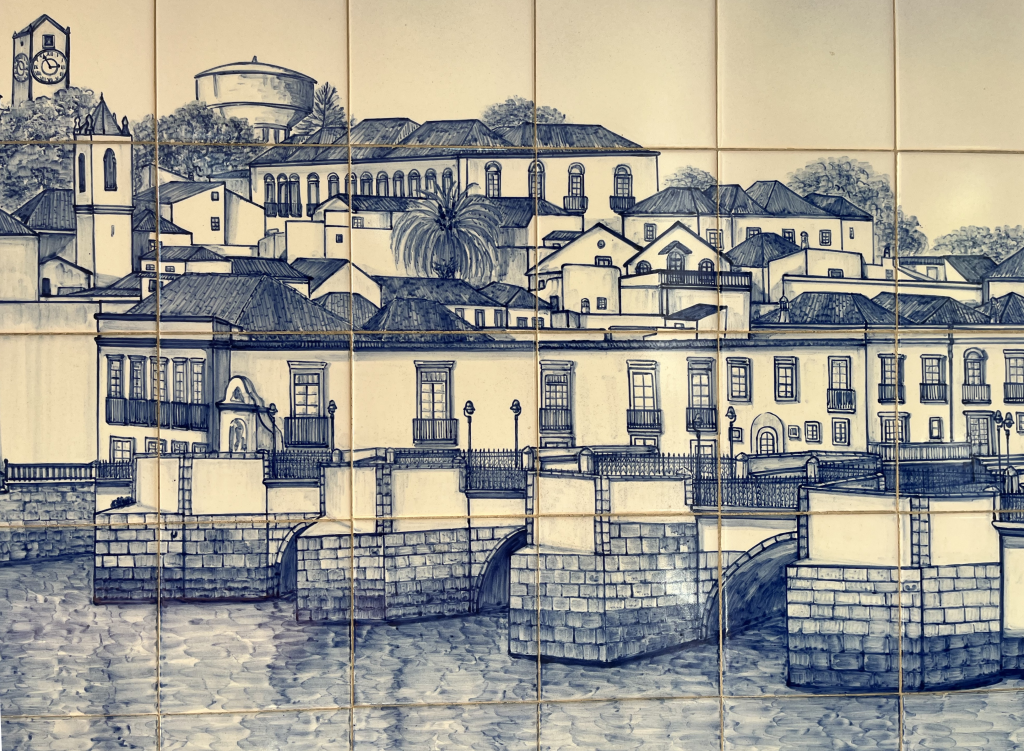Olhão is a coastal town known for its strong fishing heritage and its bustling Mercado de Olhão , which sits right by the waterfront. This market is one of the most iconic in the Algarve, with two red-brick buildings full of local products: one dedicated to fresh fish and seafood, the other to fruit, vegetables, meat, and delicacies like fig compote and carob liqueur. On Saturdays, the outdoor market fills up with local farmers and artisans.
Beyond the market, wander through Olhão’s narrow streets and you’ll find small boutiques, ceramic studios, and shops selling cork products, lace, and hand-painted azulejos. It’s a place where shopping feels like discovery—many of the best finds are tucked between traditional townhouses and lively cafés.
For more variety, head just outside town to the Ria Shopping Center . While small compared to Faro’s Forum Algarve, it features essentials like clothing shops, tech stores, and a supermarket—ideal if you’re staying nearby.
Olhão also hosts regular artisan fairs and events in the summer months, where local artists and craftspeople present their work—from jewelry to home décor, much of it inspired by the sea and the nearby Ria Formosa.
Address Highlights:
- Mercado de Olhão – Avenida 5 de Outubro, 8700-307 Olhão
- Ria Shopping – Estrada Nacional 125, 8700-137 Olhão





